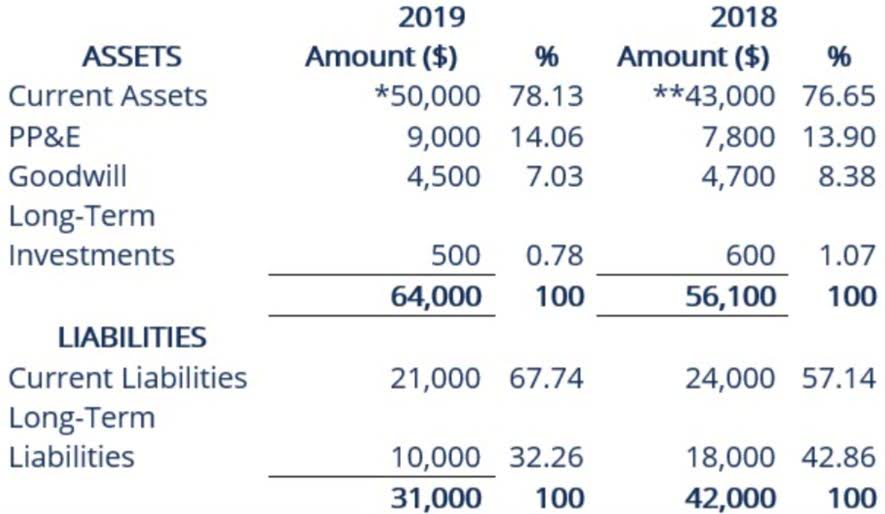New York enacts 2023-2024 budget with tax changes

The rules governing the state and local tax deduction for businesses are notably distinct from the caps imposed on individual taxpayers by the Tax Cuts and Jobs Act of 2017. For corporations, there is generally no fixed dollar cap on SALT deductions, meaning they can deduct the full amount of state and local income taxes paid as an ordinary business expense. However, as 2025 approaches, ongoing legislative debates may impact how these deductions interplay with other credits and deductions. It’s essential to remain updated on potential changes that might be signed into law, as these can have meaningful implications on tax strategy, especially for multi-state and large organizations. The state and local tax deduction (commonly referred to as the SALT deduction) is a key strategy for corporations seeking to manage their overall tax liabilities.

Pass-Through Entities/S Corporations
Others—like California and New York—retain relatively high rates, but have signaled discussions around credits and targeted exemptions. Businesses should assess their operational footprint and weigh how state-specific reforms could affect future liabilities. Projected 2025 tax rates are critical for businesses planning their annual strategies and assessing overall tax liabilities. As of now, the federal corporate tax rate is expected to remain at 21%, barring any substantial legislative changes in Congress for 2025. State rates, however, continue to vary widely depending on location, recent reform proposals, and economic drivers.

Who has to pay this tax?
However, the owners or members of the corporation must report their share of the corporation’s income on their personal tax returns and pay New York and federal income tax. The deductibility of state and local taxes plays a direct role in lowering a corporation’s effective federal tax rate. For example, a company that pays substantial state income taxes can offset those payments against federal income, reducing total federal tax liability.
Business Services
When examining the federal corporate tax rate by year, it is helpful to understand that before the current 21% flat rate, top corporate tax rates were as high as 35%. The lowering of the rate in 2017 was intended to stimulate economic growth, provide greater global competitiveness, and free nyc tax rate up capital for reinvestment. Compared to pre-2018 years, this represents a significant reduction, and many businesses have adapted their tax planning accordingly. Understanding New York City’s income tax rates is crucial for residents and workers alike. NYC imposes its own income tax in addition to state and federal taxes, making it essential to stay informed about changes that can impact your financial planning. With new developments and proposals on the horizon, navigating the city’s tax landscape requires careful attention and proactive planning.
- However, collections vary widely by state, reflecting differences in tax rates and bases, natural resource endowments, the scale and scope of taxable economic activity in each state, and residents’ political preferences.
- The corporate income tax is calculated based on a corporation’s entire net income or capital, among other factors, and the rate is 8.85% of the corporation’s New York City taxable income.
- Residential real property includes single or multi-family dwellings, facilities in residential developments dedicated to public use or property used on a nonprofit basis for residents, and mobile homes not used on a transient basis.
- Unlike some individual tax provisions under the 2017 tax law, there is no specific “sunset” or expiration scheduled for the federal corporate tax rate of 21%.
- If you are not an officer of the corporation and are filing a request for dissolution on behalf of a corporation, you will need to obtain and submit a signed and dated Power of Attorney with your request.
- Insurance corporations are generally exempt from the Business Corporation Tax but may be subject to the city’s premiums tax.

Comprehending the implications of sales tax for corporations also forms a key part of navigating New York’s corporate tax landscape. Corporations in New York can file their sales tax returns online, known as Web Filing, through the Department’s online services. This online service benefits corporations by providing a streamlined and efficient filing process, allowing corporations to schedule payments in advance and securely save bank account information for future use,. In addition to the New York corporate income tax, New York corporations must also pay the federal corporate income tax. Like the personal income tax the federal business tax Remote Bookkeeping is bracketed based on income level, with eight corporate tax brackets.

Current
Corporate taxpayers currently pay a 17 percent tax surcharge to fund regional transportation. The tax was first adopted on a “temporary” basis in 1982 and periodically extended. Under the budget bill, the tax is made permanent, increased to 25.6 percent in 2015 (due to application to a lower tax accounting base), and then adjusted each year thereafter to meet, but not exceed, projected revenue needs. For example, taxpayers who filed for a tax extension have until October 15, 2025, to file their 2024 returns. Residents of areas impacted by federally declared disasters may also have more time.
